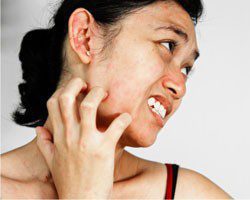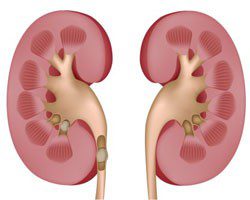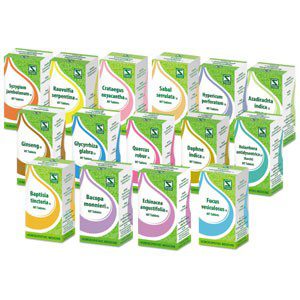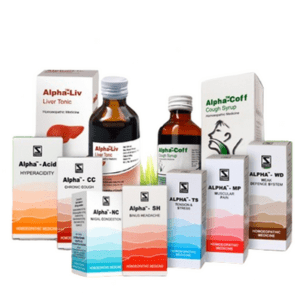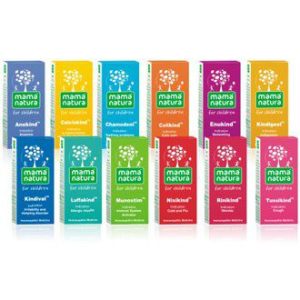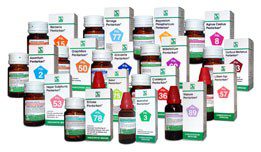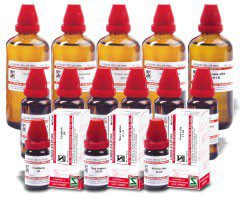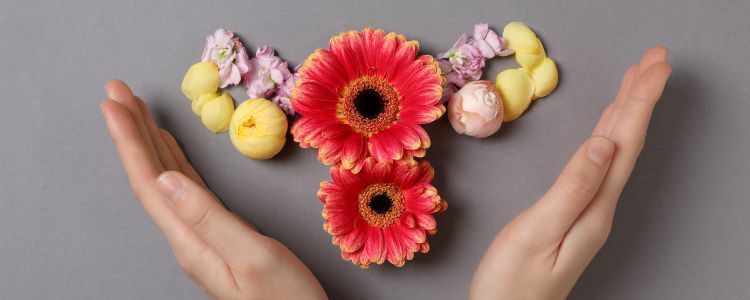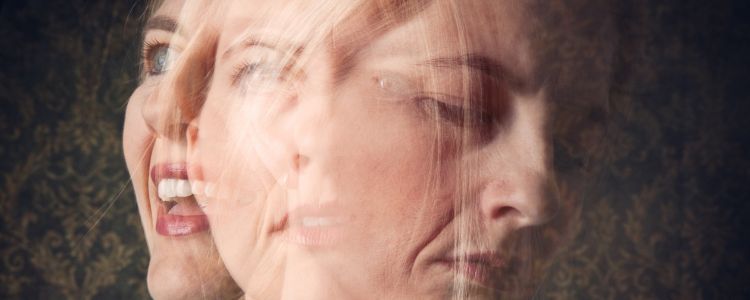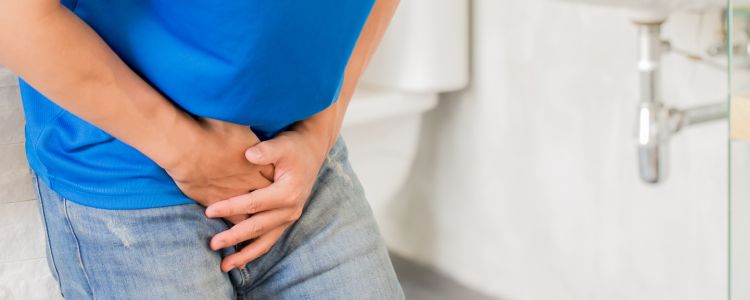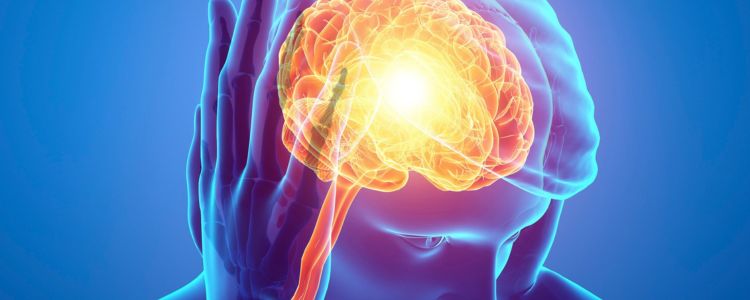
What Your Face Spots Are Trying To Say
- Dr. Aditi Sharma
- No Comments
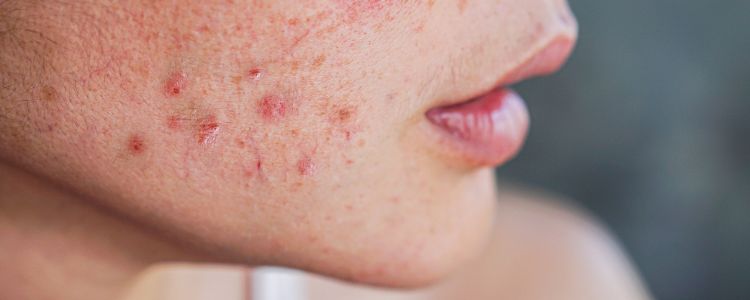
Facial spots or blemishes refer to any type of spots, marks, imperfections or discolourations that appear on the facial skin. Acne, scars, dark spots, redness, irritation, sunspots, moles and birthmarks are various types of facial blemishes. This article will help shed light on the facial blemishes and what the face spots are trying to say to us.
Table of Contents
ToggleWhat are the causes of facial blemishes?
Blemishes can be caused by different factors. Face mapping is an ancient method that can decode how different parts of the face are connected to specific organs in the body and the internal health problem that leads to spots in that area. It includes the following:
- The forehead is associated with the digestive system and the liver. It can be affected by improper digestion, liver overload, stress, and irregular sleep.
- The area between the eyebrows is associated with the stomach and liver and is affected by excess dairy, alcohol, or heavy food consumption.
- Temples and hairline are associated with the kidneys and hydration levels in the body. They are affected by poor circulation, dehydration, or excess consumption of alcohol or coffee.
- Cheeks are linked to the respiratory and lung systems and are affected by allergies, pollution, bacteria from pillowcases and phones, and smoking.
- The nose is linked to blood pressure and the heart. It is affected by stress, poor circulation, high blood pressure, or a diet high in spicy and salty food.
- The chin and jawline are linked to stomach and hormonal imbalance. They are affected by hormonal fluctuations, digestive issues, stress, and excess dairy consumption.
- The area around the mouth is associated with hormones and digestion. It is affected by hormonal imbalance, excess spicy and fatty food intake, and constipation.
Also Read According To Dermatologists: Why Washing Your Face Is Important?
What is complexion analysis?
In dermatology, complexion analysis helps to understand the skin in terms of skin type, tone, hydration, texture, sensitivity and pigmentation, the underlying problems affecting the skin and the best skin care routine to achieve healthy and clear skin. It includes the following factors: –
1. Skin Type
- Oily Skin- It is shiny with enlarged pores and is prone to blackheads and acne.
- Dry Skin- It is flaky and has a rough texture, a tight feeling, and fine lines.
- Combination Skin- It has dry cheeks and oily T-zone (forehead, nose and chin).
- Normal Skin- It is well-balanced and has a smooth texture, with only a few breakouts.
- Sensitive Skin- It inflames and irritates easily and reacts to products.
2. Skin Tone
- Fair or Light –It gets burned easily and rarely tans.
- Medium or Olive – It tans easily and rarely burns.
- Dark or Deep –It rarely burns and is rich in melanin content.
3. Skin Conditions
- Uneven skin tones
- Skin dullness
- Acne-prone skin
- Dark spots or scars
What are the skin care tips for blemish reduction and glowing, healthy skin?
Consistent skin care routine for blemish reduction. It includes: –
- Morning routine to protect and hydrate skin, such as
- Cleanser – Use a sulfate-free face wash to remove dirt and oil.
- Toner- Use alcohol- free toners to minimise pores and balance skin.
- Serum –Use a vitamin C-based serum for anti-ageing and brightening.
- Moisturiser –Use a lightweight moisturiser for oily skin and a rich moisturiser for dry skin to hydrate skin and strengthen the skin barrier.
- Sunscreen- Use SPF 30+ sunscreen to protect skin from sun damage and premature ageing.
- Night Routine to repair and nourish skin, such as
- Cleanser – Removes makeup, dirt, & pollution.
- Exfoliation– Use AHA/BHA to exfoliate skin 2 to 3 times a week to unclog pores and remove dead skin cells.
- Serum – Use Hyaluronic acid for hydration, retinol for anti-ageing and Niacinamide for oil control.
- Moisturiser or Night Cream – To lock in moisture and hydration while sleeping.
- Dietary changes for healthy skin are: –
- Have plenty of water.
- Eat nuts, fruits, and vegetables, which are antioxidant-rich foods.
- As diet and acne are undoubtedly connected, try to consume foods that are rich in omega-3 fatty acids, such as walnuts, salmon, and chia seeds, antioxidants like spinach, berries, and green tea, and zinc-rich foods like chickpeas and pumpkin seeds. Consume low-glycemic-index foods like lentils, veggies, and whole grains. Also, avoid high-sugar, fatty, dairy food, and whey protein, which can cause hormonal acne.
- Regularly change pillowcases.
- Avoid touching your face frequently.
- Always remove makeup before going to bed.
- Get enough sleep for 7-9 hours.
- Manage stress by practising yoga or meditation.
- Use natural and gentle skin care products.
Also Read 10 Reasons Why Your Skin Looks Better When You Use Face Wash Everyday
What Are Homoeopathic Natural Remedies For Acne Treatment
Homoeopathy has a significant role to play in treating various skin diseases and improving overall skin health. Homoeopathic medicines are highly effective for all acne types and without any side effects. Holistic homoeopathic medicine not only cures the presenting skin problems but also eliminates the tendency for their future recurrence.
Best Homoeopathic Remedies for Acne are: –
- Berberis Aquifolium– Helps fade pigmentation and acne scars, making the complexion clearer.
- Hepar Sulphur – For inflamed, painful, and cystic acne with pus.
- Natrum Muriaticum– For excessive oily skin prone to blackheads and pimples due to emotional stress.
- Silicea – For pus-filled deep pimples and slow-healing skin.
- Sulphur– For itchy, red acne that worsens with sweat and heat.
Conclusion
Facial spots or blemishes refer to any type of spots on the face. Complexion analysis helps to understand the skin in terms of skin type, skin tone, hydration, texture, sensitivity and pigmentation. Face mapping further helps in facial diagnosis by relating different parts of the face to specific organs in the body and internal health problems that give rise to spots in that area. Beauty tips for healthy and glowing skin include consistently following a morning and night skin care routine, drinking plenty of water, mind relaxation techniques, adequate sleep, a healthy diet, and natural skin care products. For treatment, homoeopathy has a significant role to play in treating various skin problems. For medications, it is best to refer to a trained homoeopathic physician rather than self-medicating at home.










